| "This is the week to do it. Do not wait." - National Institutes of Health Director Dr. Francis Collins urges booster shots for the 60% of eligible Americans who haven't gotten one, as the nation faces another surge.
Welcome to the "Face the Nation" Five at Five newsletter. Scroll down for your five takeaways from today's broadcast of "Face the Nation with Margaret Brennan" on CBS. Did someone forward you this? Sign-up at cbsnews.com/email. 1. NIH director says Americans who are fully vaccinated and boosted are "very well protected" against Omicron 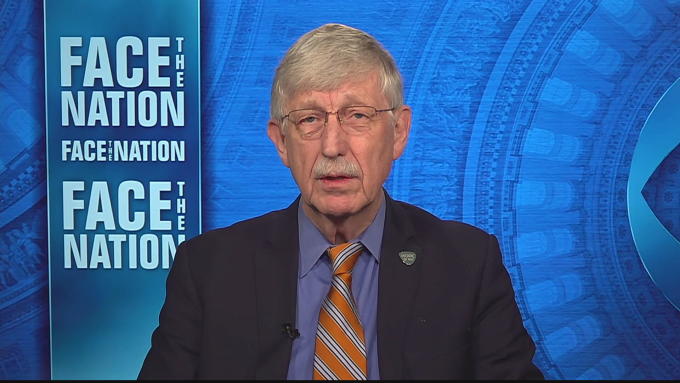 National Institutes of Health Director Dr. Francis Collins said vaccines and booster shots give strong protection against severe illness from COVID-19, even as the Omicron variant may "potentially be evasive of the vaccines." What Collins said: "It's a brand-new version, and it is so different that it has the properties to potentially be evasive of the vaccines and the other measures that we've taken. I'm glad to say it's not totally successful at that. A big message for today is if you've had vaccines and a booster, you're very well protected against Omicron causing you severe disease." Why it matters: Collins pointed out that 60% of the Americans who are eligible for a booster still have not received one, even as cases surge nationwide just ahead of the holidays. "Anybody listening to this who's in that 60% of Americans who are eligible for a booster but haven't yet gotten one -- this is the week to do it," Collins said. "Do not wait." He warned that COVID cases will rise "pretty steeply over the course of the next couple of weeks." 2. Gottlieb says there's "no indication" that Omicron causes more severe illness 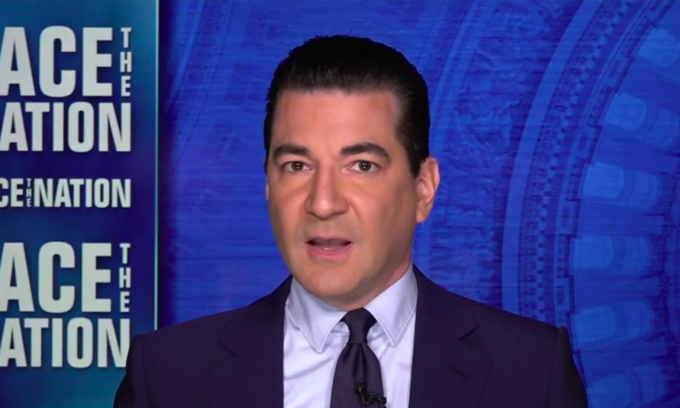
Dr. Scott Gottlieb, the former FDA commissioner, said that even as Omicron is fueling a rise in overall COVID cases, data show "there's no indication" it's leading to as many serious infections and hospitalizations, partly because so much of the population already has immunity.
What Gottlieb said: "Probably around 80% of Americans and 90% of South Africans have some level of immunity, either from prior infection or through vaccination. So even though we're still getting infected because this is spreading through immune evasion, it's spreading by evading the immunity that we've acquired. We have some baseline immunity that protects us from getting very sick." Why it matters: Gottlieb said that even though Omicron has "thrown a curveball" at the return to normal, he believes it will be "a temporary incident" that will "blow its way through the population, probably very quickly." He advised that Americans should take extra precautions in the coming weeks due to the holidays, such as getting booster shots, taking COVID tests and being careful about social settings. 3. DEA administrator warns that fentanyl is "a new threat" 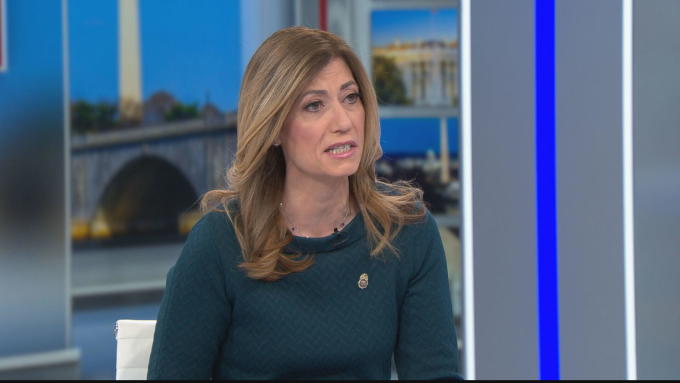 DEA Administrator Anne Milgram spoke about the many dangers posed by fentanyl, a man-made drug that is fueling the U.S. overdose epidemic. She said that the DEA has removed 15,000 pounds of fentanyl from the streets just this year -- "enough potentially lethal doses to kill every single American." What Milgram said: "Fentanyl is a different drug threat than we've seen before. It's synthetic, meaning that it's man-made. It's made of chemicals. Right now, those chemicals are largely sourced from China. They're going to the Mexican criminal drug cartels that are then mass producing, often at an industrial scale." Why it matters: Milgram said cartels are doing everything they can to sneak fentanyl into the U.S., and warned that even "tiny, tiny amounts" of it can be deadly. "It's not in years past where someone would have to bring kilos upon kilos into the United States," she said. "It is almost miniscule quantities right now. So the threat has changed enormously." 4. Former Afghan president's national security adviser details dramatic experience in U.S. withdrawal 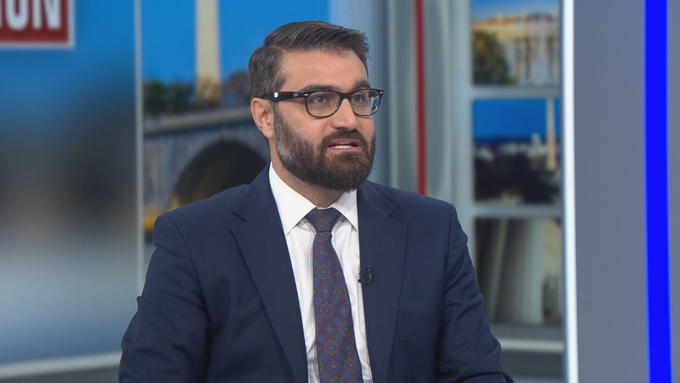 Hamdullah Mohib, who was the national security adviser to former Afghan President Ashraf Ghani, spoke in depth about what he saw in the chaotic U.S. military withdrawal. He said Afghan officials had to flee the presidential palace in helicopters and flew low to avoid Americans because "there was no trust." Mohib also offered his thoughts on how the exit could have been handled differently before the Taliban returned to power. 5. This week: Margaret Brennan interviews Vice President Harris 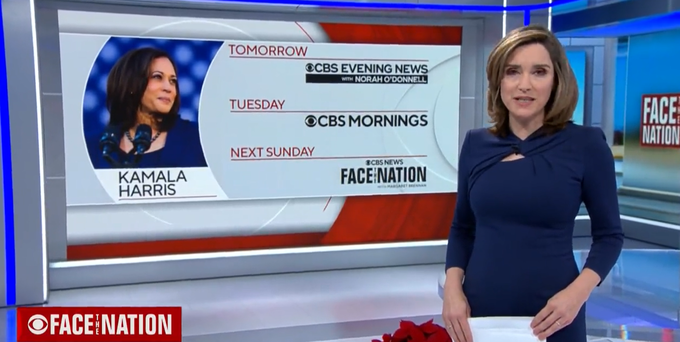 Coming up this week, "Face The Nation" moderator has an in-depth interview with Vice President Kamala Harris. See it starting Monday on the "CBS Evening News With Norah O'Donnell," Tuesday on "CBS Mornings" and on "Face The Nation" next Sunday. Be sure to also catch excerpts on our digital network CBSN and on the CBS News website. |
Post a Comment
0Comments